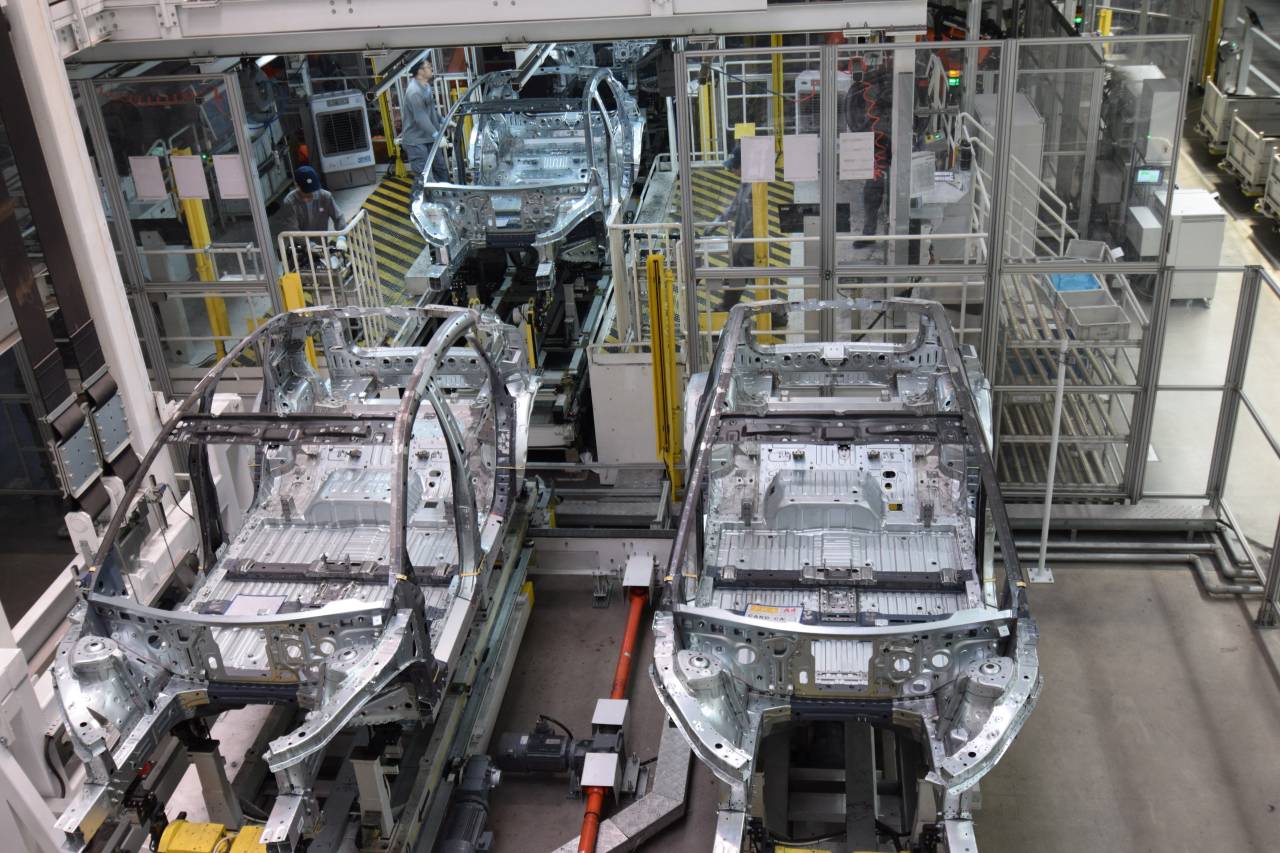Auto Transport Update: Market Insights

Overview of the U.S.-EU Trade Deal and Its Impact on the Automotive Sector
The U.S.-EU trade deal has been a focal point for industry analysts and investors, particularly in the automotive sector. This agreement aims to stabilize transatlantic relations by reducing tariffs on certain goods, including automobiles. The deal comes at a critical time for European manufacturers, especially those in Germany, as they navigate the complexities of global trade.
Key Developments from Analysts
Nord/LB analysts highlighted that the U.S.-EU trade agreement is vital for future planning in the European automotive industry. Although the threat of escalation was temporarily removed, some uncertainties remain. The reduction of tariffs on cars from 25% to 15% is seen as a positive step, helping to prevent the car industry from falling further behind international competitors like Japan. However, the 50% tariffs on steel and aluminum continue to pose challenges.
In another note, Barclays analysts suggested that the market had already anticipated the 15% tariff, so there might not be significant positive revisions to earnings forecasts. This sentiment was reflected in the performance of European auto stocks, which reversed earlier gains and traded in the red during the afternoon session. Shares of Porsche, Volkswagen, Mercedes-Benz, Stellantis, and BMW all experienced declines.
Industry Reactions and Future Outlook
Bank of America noted that while the trade deal is a relief, it's more about whether there will be further relief for the auto industry. BMW’s CEO has proposed that the EU should reduce its import tariff for U.S.-made vehicles to 0%, which could provide a significant advantage for companies like BMW and Mercedes. Meanwhile, Volkswagen’s CEO is seeking a specific agreement that considers potential investments in the U.S.
Morningstar analyst Rella Suskin pointed out that Porsche, Mercedes, BMW, and Volkswagen would benefit most from the trade deal due to their higher share of imports into the U.S. In contrast, Stellantis, which imports a smaller percentage of its volumes from the EU, may not see significant upside. Ferrari, which imports 100% of its vehicles from Europe, was largely unaffected by tariffs.
Impact on Other Sectors
The trade deal also has implications beyond the automotive sector. Eastspring Investments suggested that Japan's trade deal with the U.S. could support the yen in the short term. The clarity provided by the agreement may lead to an earlier Bank of Japan rate increase, although political uncertainty could limit notable yen appreciation.
For defense companies within the EU, the trade deal introduces new uncertainties. Morgan Stanley analysts emphasized the need for clarity on the EU's potential purchases of U.S. military equipment. The size, timeline, and type of equipment are still unclear, and this could affect EU defense companies' performance in the near term.
Company-Specific Updates
Forvia, a French auto-parts supplier, posted strong results despite challenging conditions. Jefferies analysts noted that sales figures were in line with expectations, and earnings before interest and taxes were ahead of projections. The company reiterated its guidance, and shares rose significantly.
Tesla saw a slight increase in premarket trading after President Trump announced the trade agreement. The company's factory in Germany, which produces Model Y vehicles and battery cells, could benefit from the reduced tariffs.
Broader Implications for the Automotive Industry
Hildegard Mueller, president of the German automotive industry association VDA, emphasized the importance of structuring the agreement in concrete terms. She called on the EU to create a competitive environment for investors and companies, highlighting the need for improved supply chains following the disruptions caused by the tariff dispute.
European defense stocks also reacted to the trade deal, with many experiencing declines. However, Dassault Aviation saw an increase, reflecting the varied impacts across different companies. The EU's commitment to purchasing more U.S. weapons could challenge the bloc's efforts to develop its own defense industry.
Overall, the U.S.-EU trade deal has significant implications for various sectors, particularly the automotive and defense industries. While it provides some relief, it also introduces new challenges and uncertainties that companies must navigate.
Post a Comment for "Auto Transport Update: Market Insights"
Post a Comment